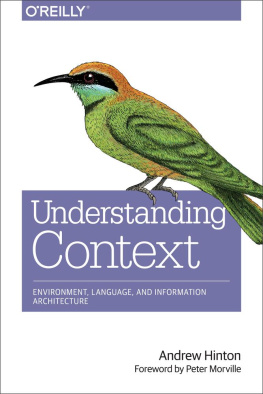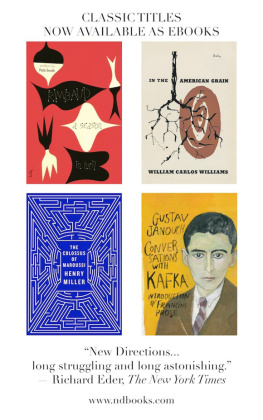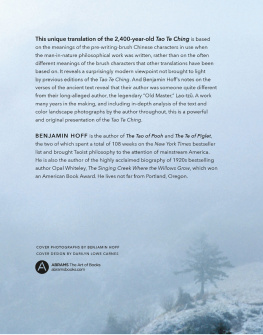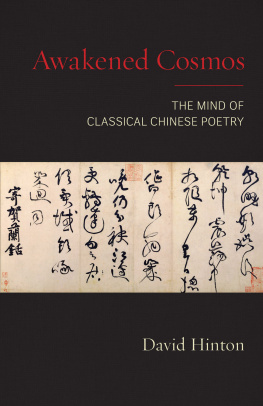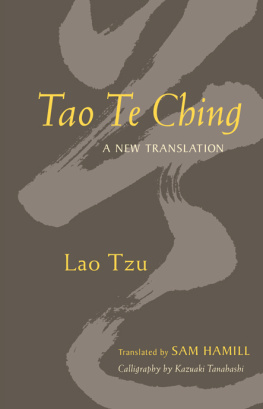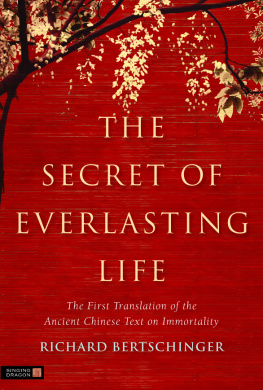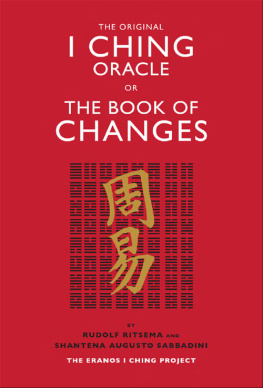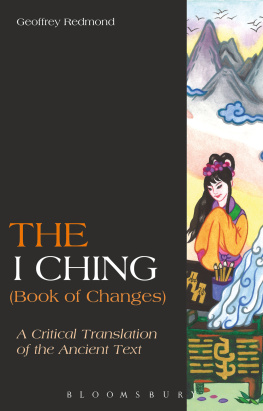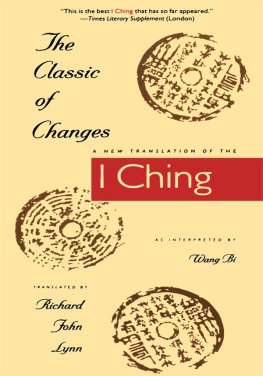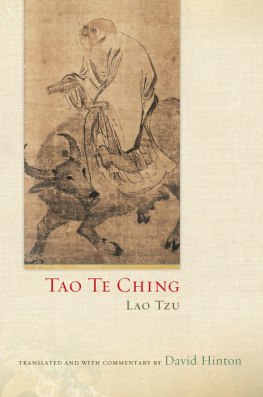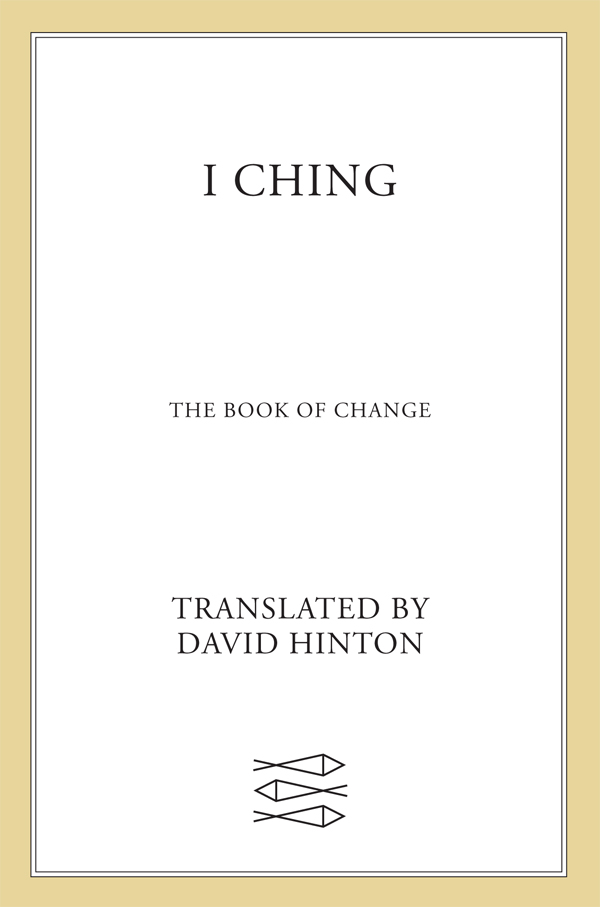Contents
Guide

The author and publisher have provided this e-book to you for your personal use only. You may not make this e-book publicly available in any way. Copyright infringement is against the law. If you believe the copy of this e-book you are reading infringes on the authors copyright, please notify the publisher at: us.macmillanusa.com/piracy.
Primal emptiness separated into heaven and earth. Thats how it all began. Before long, a pair of dragons emerged from Bright-Prosperity Mountain: Root-Breath and Lady She-Voice. Now, dragons in ancient China embodied the awesome force of change. A dragon was in constant transformation, writhing through all creation and all destruction, shaping itself into the ten thousand things tumbling through their traceless transformations. So perhaps the appearance of these dragons was the beginning of the ever-changing diversity of things we know as the Cosmos. The legend doesnt say. Root-Breath and Lady She-Voice were dragons, but dragons with human heads. They became the first couple, husband and wife, and Lady She-Voice gave birth to humankind. So you see, we are descended from dragons: we have dragon hearts pumping dragon blood, dragon minds thinking dragon thoughts.
It was Root-Breath, our first-ancestor, who created the hexagrams. More dragon than human, his thoughts were almost indistinguishable from natural process itself, so when he shaped them into the hexagrams, those strange dragon-graphs expressed all phenomena in the endless process of change. Language is how we represent change, reality in its dynamic process of transformation. And it grows out of change. Hexagrams are the first stage in that emergence of language from change, that folding of the Cosmos around onto itself to name and describe itself. They are the most ancient form of language in this sense. Part dragon language, part human, they represent the movement of change at a more fundamental level than our languages can.
Root-Breaths hexagrams were made up of six lines, each of which could be either a solid yang (male) line () or a divided yin (female) line ( ), thereby representing the two complementary cosmic principles whose dynamic interaction produces the process of change. And these lines were alive. Like dragons and the Cosmos itself, the hexagram lines were in constant transformation yang becoming yin , and yin , yang creating different hexagrams, each of which is defined by its particular configuration of yang and yin . So there are sixty-four hexagramsevery possible six-line combination of yang and yin linesand these combinations describe every possible configuration in the process of change. The sixty-four hexagrams make up the actual text of the I Ching : I (Change) + Ching (Classic) = The Classic of Change or The Book of Change . The Book of Change and change itself: they emerged together at the beginning of things. And the first two hexagrams return us to that beginning:

As they express all phenomena past, present, and future, the hexagrams contained the secrets of civilization, too. Applying those secrets, Root-Breath taught people how to hunt and fish, how to keep livestock and cook with fire. He was the first emperor, and the ancient emperors that followed also understood the secrets contained in his hexagrams. Using the hexagrams, they taught people about bow and arrow, plow and boat, pottery and markets, carts and buildings, and finally: writing. And so it makes sense, because it grew out of the hexagrams, that writing would be in the form of pictograms representing reality with all immediacy.
All of this time, the earth was alive with geologic transformation. Much later, it was covered by a flood, and another great emperor rescued the people by raising up mountains and carving out rivers to drain floodwaters away. Maybe it happened because writing was invented. Or maybe it was because we had grown too far from our dragon ancestors. No one knows. But somehow, after the floodwaters drained away, legendary emperors were no more and we lost our ability to decipher the primeval language of hexagrams. And so eventually, sages began writing descriptions and interpretations and evocations of the hexagrams, trying to articulate the possibilities opened by those dragon-graphs. It was a kind of philosophical storytelling. First they gave the hexagrams names and evocative interpretations. Then they described and interpreted the individual lines within the configuration of each hexagram. Eventually, they described and interpreted the trigrams, the top and bottom halves of the hexagrams. And because those original hexagram interpretations were so mysterious, they added elaborations on those interpretations. These first levels of elaboration were hardly less primal and mysterious than the hexagrams themselves. Indeed, they seem to establish the mysteries of the original hexagrams, rather than explain them. They were, we might now say, poetry (indeed, much of this text is rhymed in the original). These are the layers of the I Ching presented here, perhaps the most ancient of all Chinese texts, full of poetry and mysterious philosophy, alive somehow outside of time, both primal and postmodern at once.
Several layers of later explanation were eventually added to the text; but unlike the original linguistic layers that function as literary text, these later layers feel like secondary commentary. Still, they were included in the book; and with that, the canonical I Ching was complete sometime around the third century B.C.E . As the centuries passed, schemes for interpreting that canonical I Ching multiplied into the thousands, led by Confucian moralizing with its interpretive fantasies, which were also applied to the ancient Book of Songs ( Shih Ching ), where the simplest and most transparent folk songs were turned into rigorous allegories for proper ethical and political behavior. This was part of a widespread desire to use the I Ching for practical purposes, which began very early, for the book was seen from ancient times as a divination text that could instruct us about how best to proceed in a given situation.
After the floodwaters drained away, there arose the Hsia dynasty, about which little is known, followed by the Shang dynasty (17661040 B.C.E .). In the Shang theocratic worldview, all things were created and controlled by Shang Ti (Celestial Lord), an all-powerful monotheistic deity not unlike the Judeo-Christian god. Events could also be influenced by dead ancestors who were powerful in the spirit world. And so, divination practices assumed that fate was determined by outside forces. When the Shang emperors grew tyrannical, the dynasty was replaced by the Chou dynasty (1040223 B.C.E .). Now, Shang Ti was the high ancestor of the Shang rulers, and he provided them with a transcendental source of legitimacy and power. In order to justify their rule, the Chou rulers reinvented Shang Ti as the impersonal heaven, thus ending the Shang claim to legitimacy by lineage; and then the Chou rulers proclaimed that the right to rule depended upon the Mandate of Heaven: once a ruler becomes unworthy, heaven withdraws its mandate and bestows it on another. This was a major event in Chinese history: the first investment of power with an ethical imperative.
The I Ching was projected into this historical transition when later ages attributed the early textual levels to major figures in the transition, attributions that are almost certainly false, but did in fact shape the cultures development over millennia. According to this cultural legend, Emperor Wen (cultured: c. 1150 B.C.E .) gave the hexagrams names and composed the initial Statements (appearing in this translation immediately beneath the hexagram title) while imprisoned for giving honest advice and criticism to the Shang dynastys last tyrannical emperor. Wen was the sage ruler of the neighboring state of Chou, and he laid the foundation for the overthrow of the Shang by his son Emperor Wu (martial). Wens other son, the Duke of Chou, was a great philosopher and poet: the inventor of the Mandate of Heaven concept and the author of many poems in the Book of Songs. He is said to have written the evocative interpretations for the individual lines of each hexagram. And it was said that the other layers of the original text were written half a millennium later by Confucius (551479 B.C.E .), the seminal philosopher who created the political philosophy that was a secularized replacement for the Shang dynastys theocratic system.



